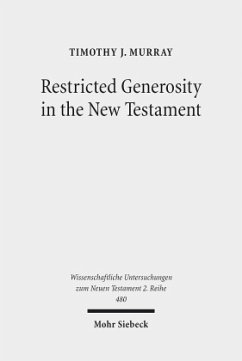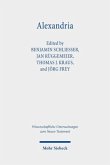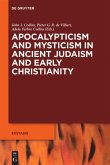The importance of material generosity in early Christianity has been firmly established in New Testament research. Given this consensus, Timothy J. Murray examines the New Testament texts for evidence of when, how and why the early Christians restricted their generosity. Having also examined the restricted generosity of comparable social structures (Jewish groups, Greco-Roman associations and the Hellenistic oikos), the author argues that the self-conception of the early Christians as members of a fictive-family was the most significant influence on their practices of material generosity and its restrictions, in which they drew heavily from existing cultural ideals regarding family reciprocity and support. Additionally, the author argues (against the majority view) that evidence for organised poor-care in Jewish groups is meagre and non-existent with regard to Greco-Roman associations.
Bitte wählen Sie Ihr Anliegen aus.
Rechnungen
Retourenschein anfordern
Bestellstatus
Storno



